Serbian legal team head calls Croatian lawsuit "cynical"
Head of Serbia's legal team Saša Obradović has said that Serbs and not Croats were the victims of genocide in 1991-95 armed conflicts in Croatia.
Tuesday, 11.03.2014.
10:02

Serbian legal team head calls Croatian lawsuit "cynical"
“From the historical standpoint, the Croatian suit seems very dishonest and even cynical,” Obradović said addressing the UN court as he denied the allegations from the genocide lawsuit which Croatia filed against Serbia in the midst of the NATO bombing of the former Federal Republic of Yugoslavia, comprising Montenegro and Serbia, in July 1999.He reiterated that in addition to the allegations about serious crimes against Croats, the lawsuit Croatia originally filed held Serbia responsible for the displacement of Croatian citizens of Serb nationality as it carried out ethnic cleansing of Serbs. Croatia withdrew this part of the suit later.
According to him, Serbian citizens mostly believe that the Croatian lawsuit is "false and constitutes a kind of historical irony."
Addressing the 17 ICJ judges, Obradović recalled the horrid crimes committed in Jasenovac concentration camp, as well as in Jadovno, Jastrebarsko concentration camp for children and other infamous camps run by the Croatian pro-Nazi WW2 Ustasha regime in the Independent State of Croatia (NDH) entity.
He noted that the arguments to support the Serbian counter-suit describe the experience of the Serb people in the NDH when genocide was committed against Serbs, Jews and the Roma in the period from 1941 to 1945.
Obradović also pointed to the fact that the relations between Serbs and Croats are not marked only by "endless hatred."
The two nations lived alongside each other in a brotherly union for decades and their friendship was especially prominent at the end of World War I, when Croat progressive leaders decided to join the Kingdom of Serbia and thus create a united state of south Slavs, the legal expert said.
He underscored that Serbia's opponent in this case was "only Croatian extreme nationalism, not the people of Croatia or Croatia as a country."
Obradović dismissed the allegations which were presented by members of the Croatian legal team at the beginning of the oral debate last week.
He said that Croatia has not presented any evidence, document or statement which would prove that genocide was committed against Croats during the war and that the responsibility rests with the leadership of the Republic of Serbia, the former Yugoslav People's Army (JNA) or Serbs from Croatia.
“The perpetrators of the crime in Croatia were not either de fact or de jure the bodies of the Republic of Serbia. The crimes were committed upon an order or instruction or under control of our country, as demonstrated by the recent practice of the ICTY (the Srebrenica case),” Obradović underlined.
Obradović said that Serbia cannot be responsible for the actions and failure to prevent the crime of genocide that allegedly happened before April 27, 1992 when the Federal Republic of Yugoslavia was formed.
“This is particularly important bearing in mind that a great majority of incidents described in the Croatian lawsuit allegedly happened in 1991, while only a few are said to have taken place after April 1992. The allegations concerning the latter incidents can be considered, even prima facie, as genocide,” the head of the Serbian legal team said.
He said that during the proceedings Serbia will present evidence on mass killings of Serbs during Operation Storm by the Croatian armed forces in August 1995 and other atrocities committed during the armed conflicts. He underscored that Operation Storm was conducted with the genocidal intent in order to destroy, in whole or in part, the Serb ethnic group.
Serbia's agent to the court said that the consequences of Operation Storm are severe and secret. According to the data of the Veritas Documentation and Information Center 1,719 ethnic Serbs were killed during and after the operation, while during the entire armed conflict in Croatia 6,361 people were killed or went missing.
The Serbia's Commission on Missing Persons is searching for more than 1,700 Serbs who went missing during the armed conflicts in Croatia, Obradović said.
He also underlined that according to the 1931 census Serbs made up nearly 20 percent of the population of Croatia, which was at the time a part the Kingdom of Yugoslavia, and according to the 2011 census they made up 4.36 percent, which is three times less than before the 1991 conflicts.
Obradović said that the position of Serbs in Croatia is vulnerable today as well, adding that they subjected to hate speech, while signs written in the Serbian Cyrillic script have been smashed over the last few months.
He said that in December 2012, 17 years after Operation Storm, Croatian President Ivo Josipović publicly confessed that Croatian courts have not condemned anyone of any individual murder committed in the operation.
“Moreover, Operation Storm is celebrated in Croatia as a national holiday. Therefore, this debate before the highest court in the world will help shed light on the tragedy of the Serb people in Croatia,” Obradović concluded.
Canadian professor William Schabas, member of the Serbian legal team, commented on the interpretation of the UN Convention on the Prevention and Punishment of the Crime of Genocide in the light of the ruling by the ICTY in the Bosnian case from 2007 and subsequent jurisprudence by the international courts.
He dismissed as unfounded Croatia's request for broader interpretation of genocide than the one which the court had in the Bosnian case, which Croatia considers restrictive today.
The Serbian team on Tuesday continues presenting its case in response to the Croatian lawsuit. In the next few days, the team will present Serbia's counter-lawsuit, accusing Croatia of committing genocide committed against ethnic Serbs in the 199-1995 conflict.
Public hearings began before the ICJ on March 3. Reporting about testimonies given by witnesses has been embargoed until April 1.












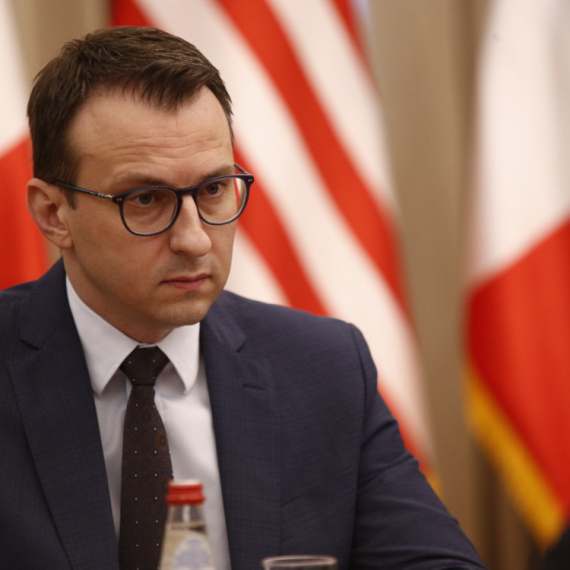

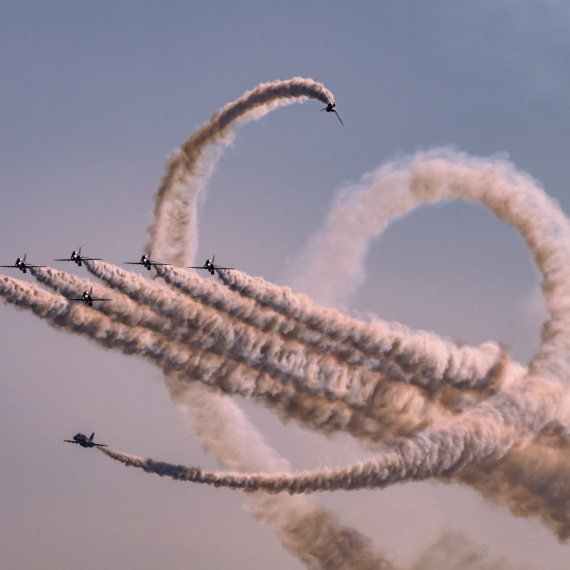

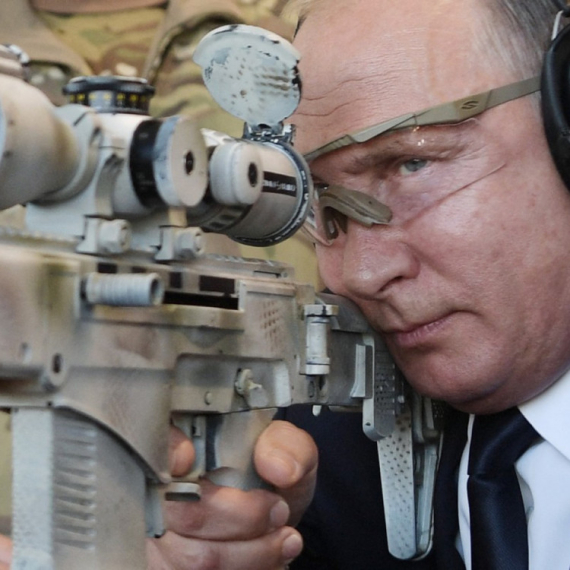

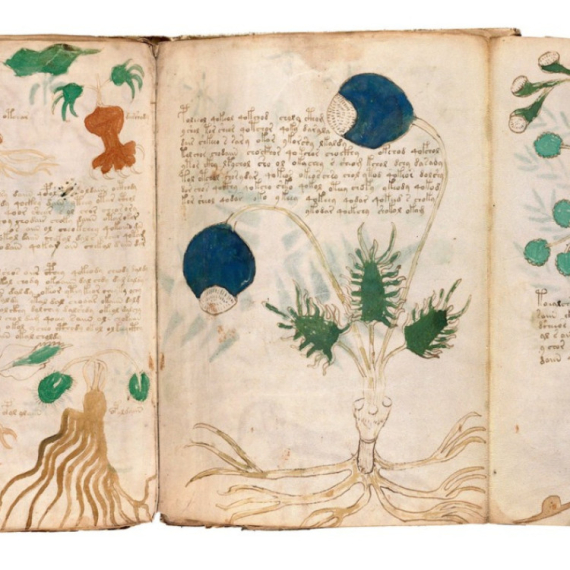


































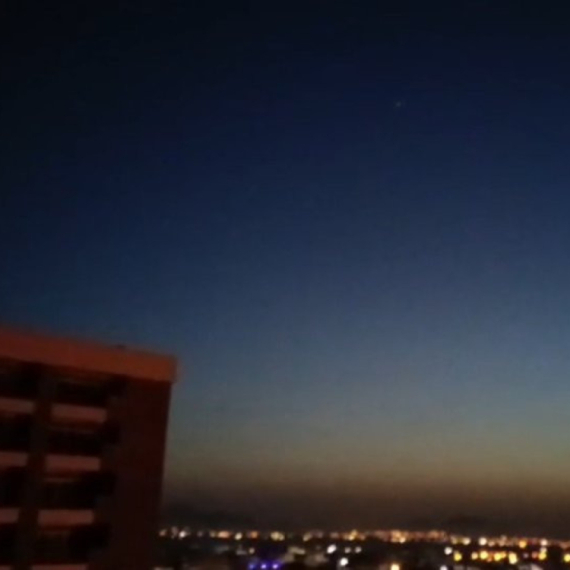




Komentari 1
Pogledaj komentare